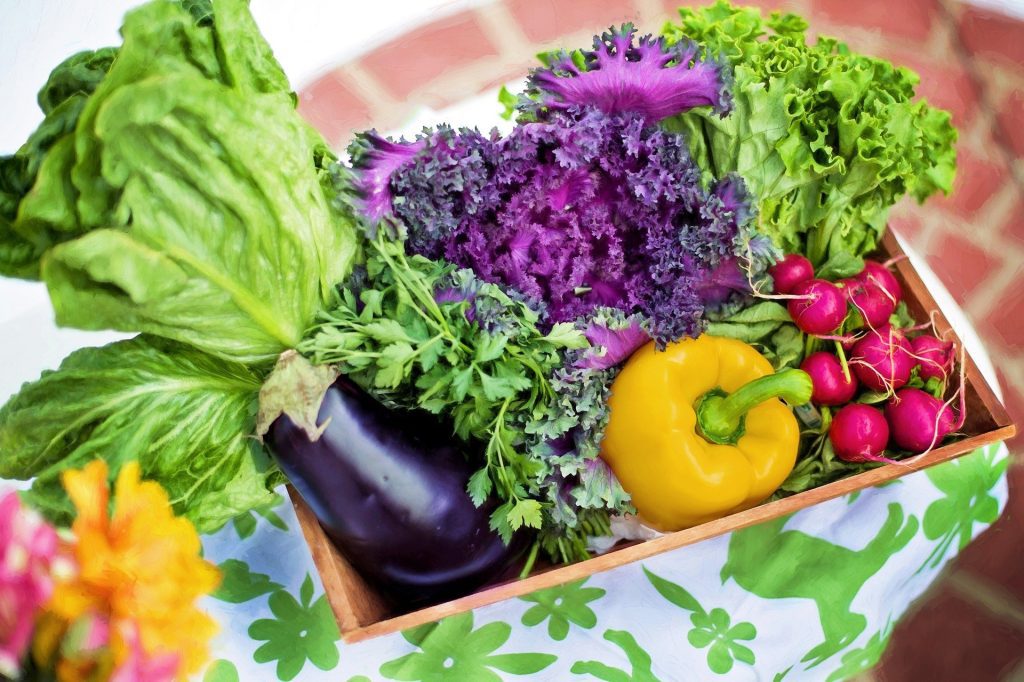What is Shopping Seasonally?
Have you ever heard of “shopping with the seasons”? Or seen bright, bold signs at the grocery store promoting items as “in season”? Shopping seasonally means buying produce when particular fruits and vegetables grow best. During this time, farmers don’t have to use excess resources, like water, or store them for long periods of time. Not only is this practice more sustainable for the environment, but it can also be more sustainable for grocery budgets and healthy living.
Shopping seasonally makes eating healthy exciting as you can look forward to incorporating new fruits and vegetables into your diet each month. When locally sourced produce doesn’t need to travel far, and they taste sweeter, juicier, and fresher than when bought out of season!

How to Shop for Spring Produce and Save Money
Shopping seasonally is good for your health and the environment! Keeping the time of year in mind when purchasing fresh produce can also help you save money. Fruits and vegetables that are grown and harvested in season take less time and work to be cared for, as nature does most of the hard work. When you buy oranges out of season, in the summer, for example, they will cost more money as more human resources must be used to grow and transport the crop.
The Seasonal Food Guide is a great online resource for exploring what fruits and vegetables are in season in your state. You can explore what is in season for this month and beyond by clicking here.
As spring is approaching, you will start to see a shift in what fresh produce is in season and cheaper. In early March, you will see the end of citrus season, along with heartier greens like kale and Brussels Sprouts. By late April in Texas, strawberries and blackberries will begin to be in season.
If you want to spend money on produce that is out of season, buying frozen is a great alternative. Much of the time, frozen fruits and vegetables are priced at less than half the cost of their fresh counterparts. Frozen produce is no less nutritious or flavorful compared to fresh produce!
If your budget allows it, try buying colorful food from both the fresh and frozen produce section. Adding several different fruits and vegetables to your grocery list keeps eating plant-based food fun and gives you a diversity of nutrients.
By Illana Issula
Sources
Want More?! Check out Other Articles on the ¡Viva Bien! Blog!
